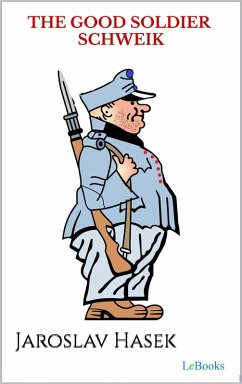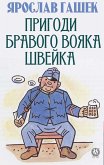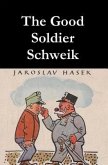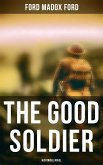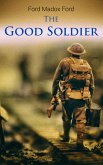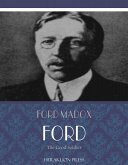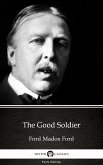The Good Soldier Schweik is a satirical masterpiece that exposes the absurdities of war, bureaucracy, and blind obedience through the misadventures of its protagonist, Josef svejk. Written by Jaroslav HaSek, the novel follows Schweik, a seemingly simple-minded yet cunningly subversive soldier, as he navigates the chaos of World War I. With sharp irony and dark humor, HaSek critiques the incompetence of military institutions and the hypocrisy of authority figures, portraying a world in which survival often depends on feigned ignorance and strategic foolishness. Since its publication, The Good Soldier Schweik has been celebrated for its biting wit, satirical depth, and its unique protagonist, whose apparent naivety serves as a powerful tool for exposing the contradictions of rigid hierarchies. Its exploration of the absurdity of war and the resilience of the individual against oppressive systems has cemented its place as a seminal work of anti-war literature. The novel's episodic structure and richly drawn characters continue to captivate readers, offering both comic relief and sharp social commentary. The book's enduring relevance lies in its ability to highlight the paradoxes of authority and the unpredictability of human nature in times of conflict. By blending humor with critique,The Good Soldier Schweik challenges readers to reconsider notions of duty, resistance, and the true cost of blind loyalty in a world governed by irrational rules and senseless violence.
Dieser Download kann aus rechtlichen Gründen nur mit Rechnungsadresse in A, B, BG, CY, CZ, D, DK, EW, E, FIN, F, GR, H, IRL, I, LT, L, LR, M, NL, PL, P, R, S, SLO, SK ausgeliefert werden.

